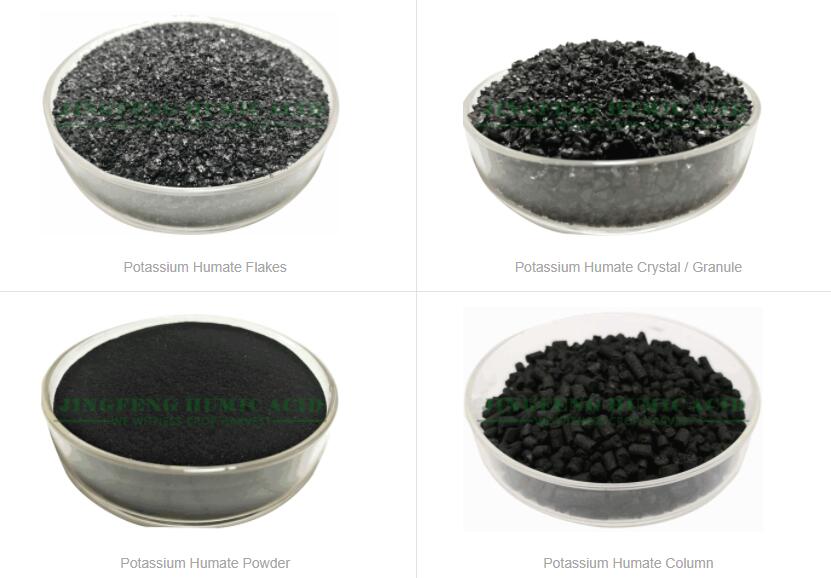Why is it necessary to use the humic acid organic fertilizer urgently?
On May 25, 2014, focus interview revealed the topic of “Land fed by Chemical Fertilizer”. Which attracted the attention of the general public. The total amount of fertilizer applied in China is already close to 1/3 of the total amount of fertilizer
 used in the world. Since farmers tasted the sweetness of increasing production by using chemical fertilizer, they have been out of control. 20 or 30 years of continuous use of chemical fertilizer has made the land more and more “greedy” and the more “feed” and “thinner” it is. The growth value of production fell to the lowest point. The land began to harden.
used in the world. Since farmers tasted the sweetness of increasing production by using chemical fertilizer, they have been out of control. 20 or 30 years of continuous use of chemical fertilizer has made the land more and more “greedy” and the more “feed” and “thinner” it is. The growth value of production fell to the lowest point. The land began to harden.
Who will repair the bony arable land? The National Ministry of Agriculture proposes to increase the application of humic acid fertilizer to improve the soil and fertilize the soil. Encourage farmers to carry out organic-inorganic combined fertilizer. Take the road of sustainable development and finally achieve increased production and high yield. So what are the effects of humic acid organic fertilizer and thus accepted by the majority of farmers?
Effects for crops
The humic acid has full nutrients and long fertilizer effect. Contains many nutrients needed by the crops, especially the high carbon source. In which the nutrients are gradually decomposed in the soil. The mineral nutrients, the organic nutrients and the carbon dioxide of the crops can be supplied for a long period of time.
Effects for soil
 1. Humic acid organic fertilizer is an important material for fertilizing and improving soil.
1. Humic acid organic fertilizer is an important material for fertilizing and improving soil.
Humic acid is the material basis for increasing soil organic matter content. Renewing soil humic material composition, fertilizing soil. Improving soil fertilizer retention, water and fertilizer supply performance. Improving soil heat condition and forming good soil environment.
At the same time, it can also reduce the adsorption of phosphorus and improve the desorption ability of soil phosphorus. Humus produced by other organic fertilizer in decomposition process forms humate with various cations in soil. Humic acid and humate form a buffer solution, which can regulate the acidity and alkalinity of soil and create good environmental conditions for the normal growth and development of crops.
2. Improve detoxification effect and purification soil environment.
The detoxification reason of humic acid is that it can increase the amount of cation replacement in soil, and increase the adsorption and complexation of heavy metals and toxic substances in soil.
such as, the integration of the intermediate product of organic matter and cadmium to form a stable complex and detoxification. Toxic soluble complex exudate with the underwater out of farmland. Improve the ability of soil self-purification. Organic Humic acid fertilizer can also reduce the availability of lead, increase arsenic fixation and so on.
 3. Improve the biochemical activity of soil.
3. Improve the biochemical activity of soil.
The organic humic acid fertilizer can provide energy and nutrients for microorganisms. It has an important effect on increasing and activating soil microorganisms.
In particular, the enzyme activity of the feces is particularly high. Dozens to several hundred times of the activity of the soil enzyme. It is beneficial to the growth and development of soil microorganisms and crops.
Of course, a good method of fertilization is not to apply fertilizer, but to make the reasonable proportion of the chemical fertilizer and the humic acid. Not only can increase the income, but also can repair the soil. In the case of the use amount of the organic fertilizer is not great, it is difficult to meet the requirement of the crop to the nutrient element. The fertilizer efficiency is short, the humic acid and the chemical fertilizer are matched and applied. The utilization rate of the fertilizer can be improved.
The combined application of the humic acid organic fertilizer and the chemical fertilizer is beneficial to saving resources, protecting and improving the ecological environment of the farmland, cultivating the soil, improving the yield of the crops, improving the quality of the crops and promoting the sustainable development of the agriculture.





